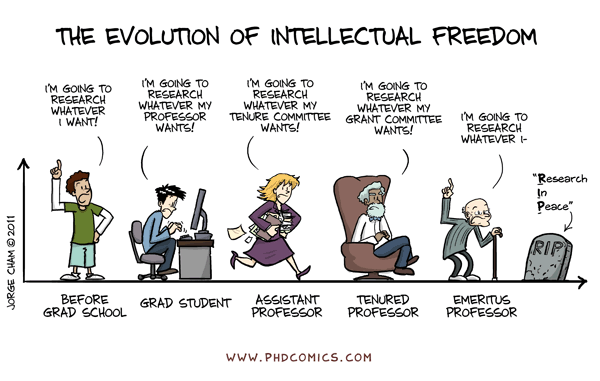RP: "I have repeatedly said that I harbour no suspicions about EOS. You repeatedly assert that I do.
You likewise keep assigning a variety of different motivations to me that are not true (and how would you know what my motivations are anyway?)
I do read your posts, Richard, including the snippets you tweet, to garner traffic for your blog.
But, by way of proof that I read your posts, here are a few snippets of my own, about suspicions, secretiveness and attributing motivations, to remind you:
RP: "I would like to thank Bernard Rentier for his detailed and frank account of EOS... That said, it does seem odd to me that it took Rick Anderson two attempts to get this response from EOS."
RP: "To reiterate: I did not mention EOS in my post, and I harbour no suspicions about the organisation... That said, the defensive response to Rick’s questions about EOS underlines for me the fact that OA advocates are not by nature inclined to be open in their processes."
RP: "In fact, one might argue that the overly defensive responses to Rick’s questions themselves flirt with paranoia. Certainly they confirm me in my belief that there is a strand within the OA movement that tends towards non-transparency and non-inclusiveness."
RP: "Nor are they instinctively democratic. One need only monitor the Global Open Access List for a few weeks to see the hauteur with which OA “old sweats” pronounce on the topic, and castigate anyone who dares express a contrary view."
You seem to be (1) confusing
derisiveness (about the risible) with
defensiveness, Richard, and (for some longstanding reason I really cannot fathom) (2) confusing openly, publicly "castigat[ing] anyone who dares express a contrary view" with "non-transparency and non-inclusiveness... instinctively [un]democratic."
I think you are quite mistaken. There is nothing undemocratic or non-transparent or non-exclusive about open, public criticism, quite the opposite (and regardless of the "hauteur" with which it might be expressed).
And I continue to hold and air openly the view -- which you are democratically free to ignore or refute or deride -- that (insofar as EOS or BOAI or your humble servant are concerned) you are sowing suspicions -- about closedness and exclusiveness -- that have no substance whatsoever.
I have two interpretations as to why you are doing this, one more charitable, the other less so:
The charitable interpretation is that you really believe the suspicions, which are fuelled by (or themselves fuel) your longstanding hypothesis that the reason the open access movement is moving so slowly is that it does not have an umbrella organization that includes all interested parties. (I think the hypothesis is mistaken, and that the slow progress is because of conflicts of interest -- as well as apathy -- that would not be resolved even if it were possible to draw everyone into the same tent.)
The uncharitable interpretation -- but even that one, since I know you, and know you have integrity, is only about what may be an unconscious "instinctive" tendency (dare I call it a journalistic one?), rather than a deliberate, calculating strategy -- is that you are airing the suspicions at times when there is no OA news of substance because they draw attention and traffic.
RP: "BOAI was a meeting between a small group of like-minded people, and organised by a philanthropist with a specific political agenda. In the wake of that meeting OSI committed several million dollars to fund a number of OA initiatives (and has continued to play a key role in the OA movement since then). As such, those who attended BOAI took the Soros money but did nothing to make the movement “official” or inclusive, or seek to engage the research community in their plans..."
I have to leave it to others to reply to this, as I do not think it deserves to be dignified by a response. If I made one it would undoubtedly be derisive...
There is a secondary hypothesis I also think you may hold, Richard (though I'm ready to say I'm mistaken, if you deny it), which is that you feel there is something undemocratic or contrary to academic freedom about OA mandates. I think the instincts that may be fuelling this secondary hypothesis in you are (1) the feeling that academics today are already far too put upon, along with (2) scepticism about metrics and perhaps about research evaluation in general, including peer review.
This is scepticism that I may partly share, but that I regard as having nothing to do with OA itself, which is about access to published, peer-reviewed research, such as it is. Reforms would be welcome, but what's needed in the meanwhile is
access.
(And of course mandating a few dozen extra keystrokes per year for their own good is hardly a credible academic grievance; the real reasons for the resistance are not ergonomic but symbolic, ideological, psychological and wrong-headed. In a word, risible.)
And last, I think you are (instinctively) conflating OA with FOI.
Stevan Harnad


 Richard Poynder and I are apparently both OA "
Richard Poynder and I are apparently both OA "

